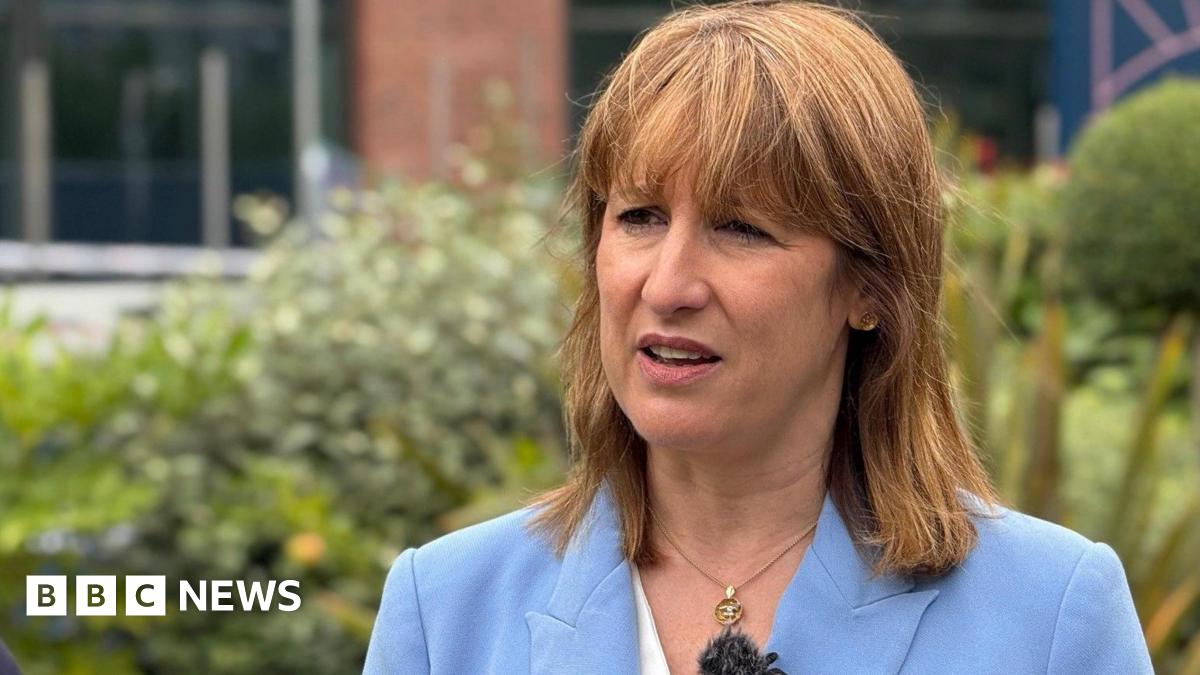Rachel Reeves rejects claims of £50bn ‘black hole’ in finances

Last month, an independent think tank, the National Institute of Economic and Social Research (Niesr), estimated that the chancellor would need to plug a £50bn gap in the public finances.
But the chancellor played down the figure and told the BBC Niesr had "more than most got their numbers wrong in the last few years".
Forecasts for how much money Reeves needs to find to meet her self-imposed borrowing rules vary widely, with some estimates putting the figure at around £25bn.
Reeves has two rules on government borrowing, which she has repeatedly said are "non-negotiable". These are:
day-to-day government costs will be paid for by tax income, rather than borrowing by 2029-30
to get debt falling as a share of national income by the end of this parliament in 2029-30
Ahead of the election, Labour pledged not to increase taxes on "working people", which included VAT, National Insurance (NI) and income tax.
However, at the Budget last year, she increased the amount of NI employers have to pay, which led to a backlash from many businesses and sectors, such as hospitality.
U-turns on proposed welfare cuts and winter fuel payments have also put pressure on the chancellor to find alternative revenue streams.
It has led to speculation the chancellor is considering tax rises on property, banks and people, but Reeves hit back at such reports.
"People who seem to know what is in the Budget before we have made those decisions are just wrong," she told the BBC.
"A lot of them are talking rubbish, and frankly, a lot of what they're saying is irresponsible.
"It's up to me to decide what is in the Budget, and I will do that in a careful way, getting the balance right between making sure that we've got enough money to fund our public services, particularly our National Health Service , whilst also ensuring that we can bring growth and investment to Britain," she added.
Reflecting on this week's changes of personnel in Downing Street, and the beefing up of the prime minister's economic team, she said she was working "in lockstep" with Number 10.
The chancellor also denied that recent sharp increases in government borrowing costs hurt her credibility, saying they have "moved in line with other countries".
"There are global pressures on borrowing costs. You can see that around the world, from the United States to Europe and beyond. We're not immune to those," she said.